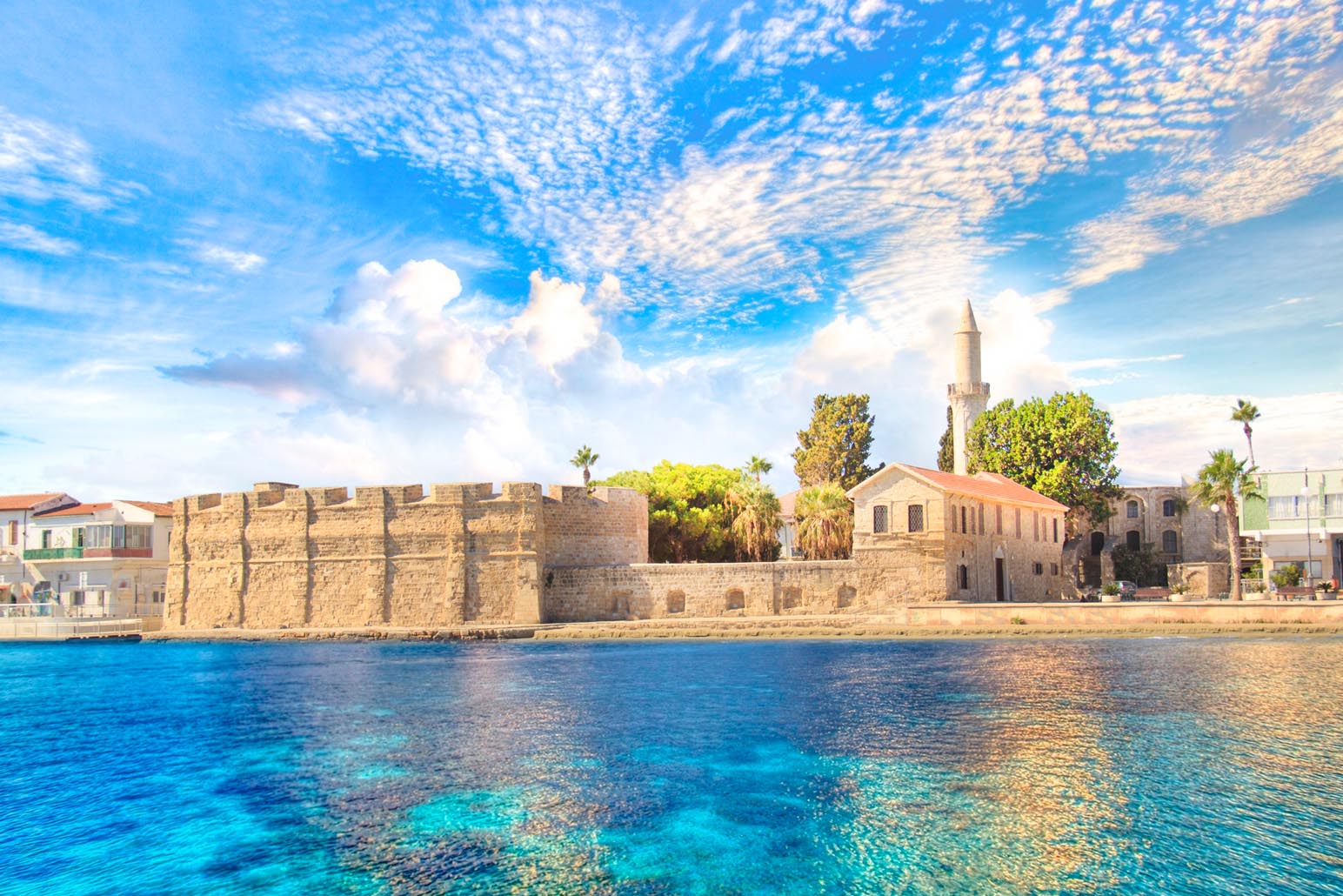Education
- Cyprus is a world-class educational and research center of excellence, offering exceptional facilities both public & private
- It offers a large variety of fully accredited study programs in English, attracting thousands of students every year
- It has the highest number of ranked Higher Education institutions per 1 mn population in the EECA region (QS World University Rankings)
- It is one of the top 3 spenders for education in the EU, with nearly 7% of its GDP devoted to educating its citizens
- Education is free for all ages up to 18 years
- Compulsory education in Cyprus lasts for 10 years and is from the ages of 5 years (pre-primary education) to 15 years (end of lower secondary education)
Health System
Cyprus has an excellent health care system, comparable to those in developed countries. Private Doctors and dentists are located in almost every town, with Cyprus having one of the best ratios per head for healthcare professionals.
The Cyprus healthcare system is divided into public and private sectors. Doctors working in both sectors are often trained overseas and most, if not all, speak very good English.
Public healthcare
- Administered by the Ministry of Health through the National Healthcare System
- It is either inexpensive or free
Private healthcare
- It is relatively affordable
- Non-EU citizens or EU citizens who prefer to take out private health insurance, must pay careful attention to the healthcare plan they sign up for
- Many people choose to take out a private healthcare policy to access a wider variety of hospitals and facilities, and to skip the public sector’s occasionally long waiting lists
